Millennials Are Too ‘Woke’ to Buy These Items and the Economy Is Suffering From It
Millennials are changing the economy by avoiding buying certain products. Traditional systems and non-eco-friendly products are being left behind in favor of the more sustainable, greener options.
Let’s find out what items millennials are setting aside because they are too “woke” to use them. Some of these items might surprise you.
Single-Use Plastics
Millennials are a typically environmentally-conscious lot. They choose not to use plastic products, especially single-use ones, if there are better alternatives.

Source: Ron Lach/Pexels
This also translates to them no longer using easily disposable items. Disposable razors, utensils, coffee cups, straws and non-refillable pens are among the products woke millennials tend to reject these days. Instead, they bring their travel mugs and glass straws everywhere.
Non-Organic Produce
Millennials are also concerned about their health and well-being so they now care more about what they put inside their bodies. There’s a tendency to look for organic produce instead of non-organic options.
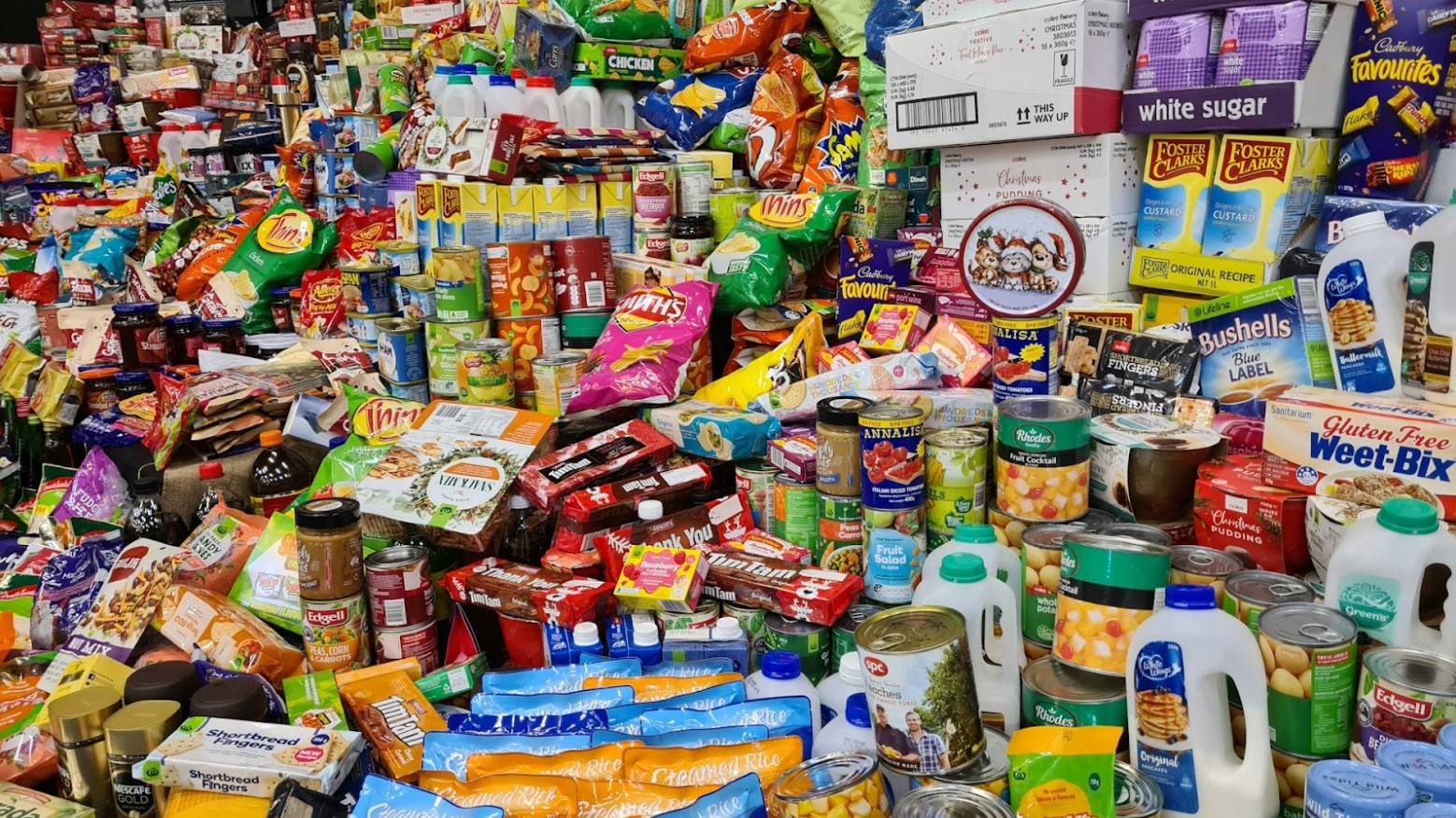
Source: Nico Smit/Unsplash
Not only are they prioritizing their health, but woke millennials also prefer showing their support for local farmers rather than large multinational companies. Locally grown produce attracts them more often than not.
Brand-Name Cleaning Products
Environmental concerns also drive millennials to look for eco-friendly alternatives to cleaning solutions. They are not influenced by brand-name cleaning products, especially if there’s no guarantee that the materials contained in them are “green.”
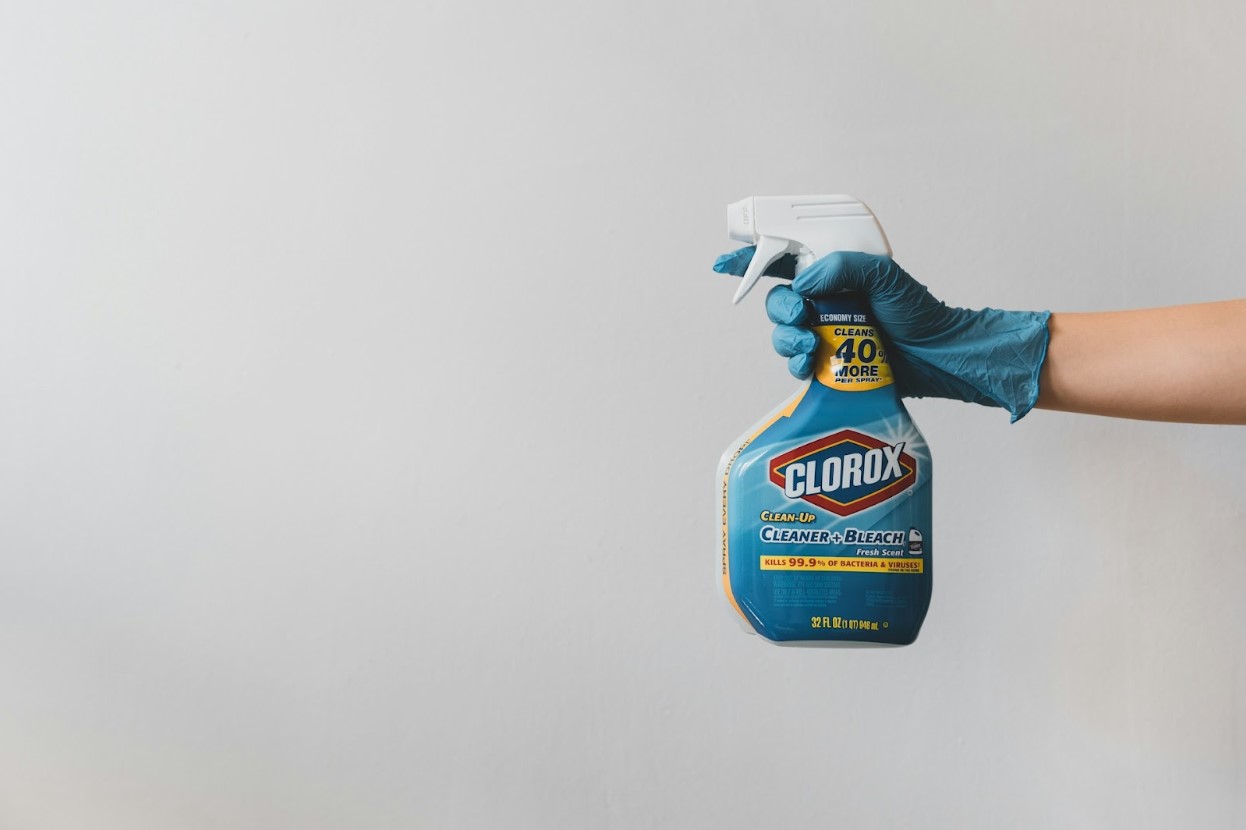
Source: Clay Banks/Unsplash
Millennials look for alternative brands that use no harmful chemicals that may pollute the environment. They may also prefer DIY-ing their cleaning solutions, just to keep it “environmentally harmless.”
Disposable Diapers
Millennial moms are also environmentally conscious. Among the disposable products they no longer like to use is diapers. These days, millennial moms prefer cloth diapering and other eco-friendly options.

Source: Emma Bauso/Pexels
Products that cater to their babies’ well-being are popular with these “woke” young mothers. Anything that resonates with their commitment to sustainable parenting practices would be a hit with them.
Printed Books
Whether book purists like it or not, many people no longer hold fast to the romanticism of turning an actual paper page when they read a book. Instead, they will opt for digital reading devices for their ease and mobility. This is also somewhat true of millennials.

Source: Pixabay/Pexels
While it’s true millennials have turned to digital books on apps like Amazon Kindle, Audible, Webtoon and Radish, they still like to visit libraries. Digital collections offer a wide range of titles, but it doesn’t necessarily mean print books are forgotten. What’s interesting is that millennials mostly prefer to read graphic novels instead of text-only books.
Fast Fashion Clothing
Fast fashion apparel might be cheap and easy, but woke millennials have shifted their preferences toward more sustainable clothing options.
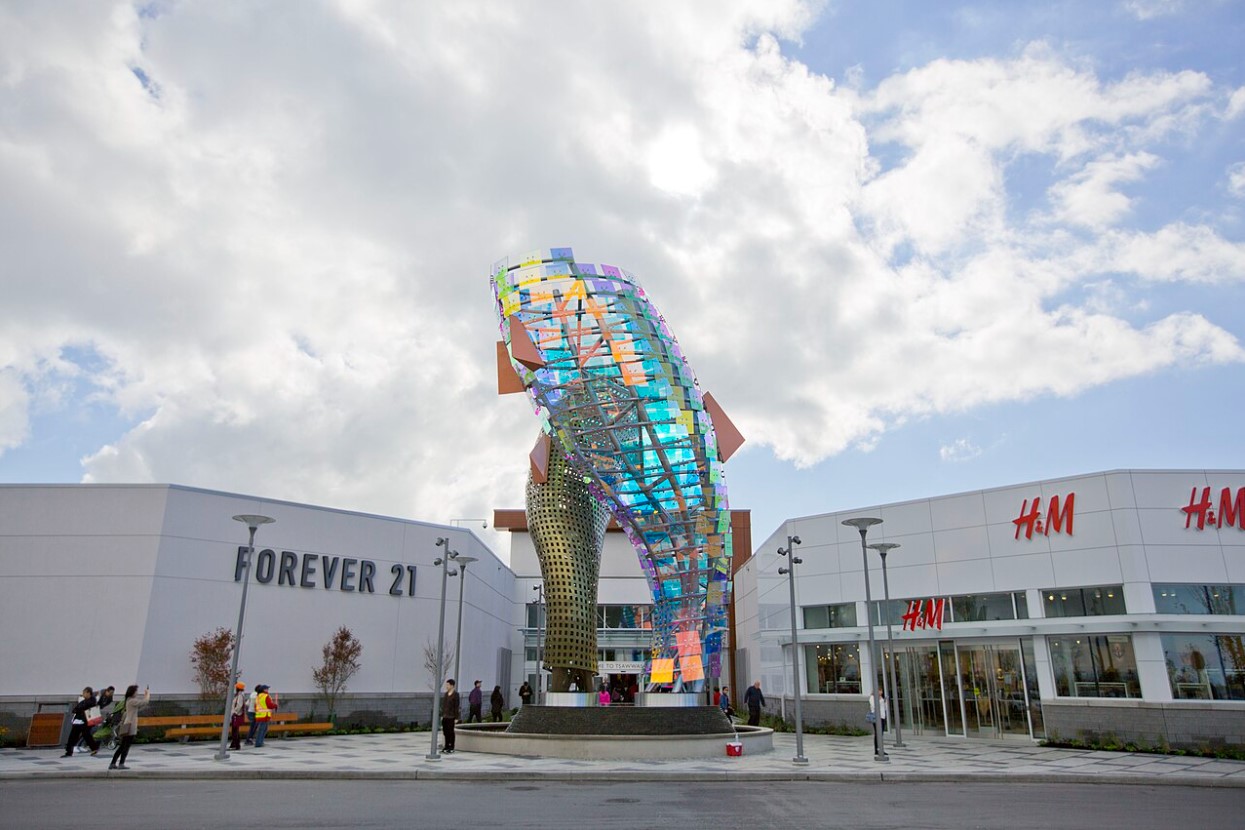
Source: GoToVan/Wikimedia Commons
It doesn’t necessarily mean they look for higher quality clothes, which can be more expensive, although that certainly is one good alternative. But millennials these days also go to charity shops and look for timeless essentials or search for stores that support sustainability practices. Some of them also learn how to mend their clothes by hand.
Traditional Banking
Not for woke millennials is traditional banking. Brick and mortar banks may still attract the general public, but millennials are more open to trying out online banking and financial technology options (even more so than their Gen Z counterparts!)
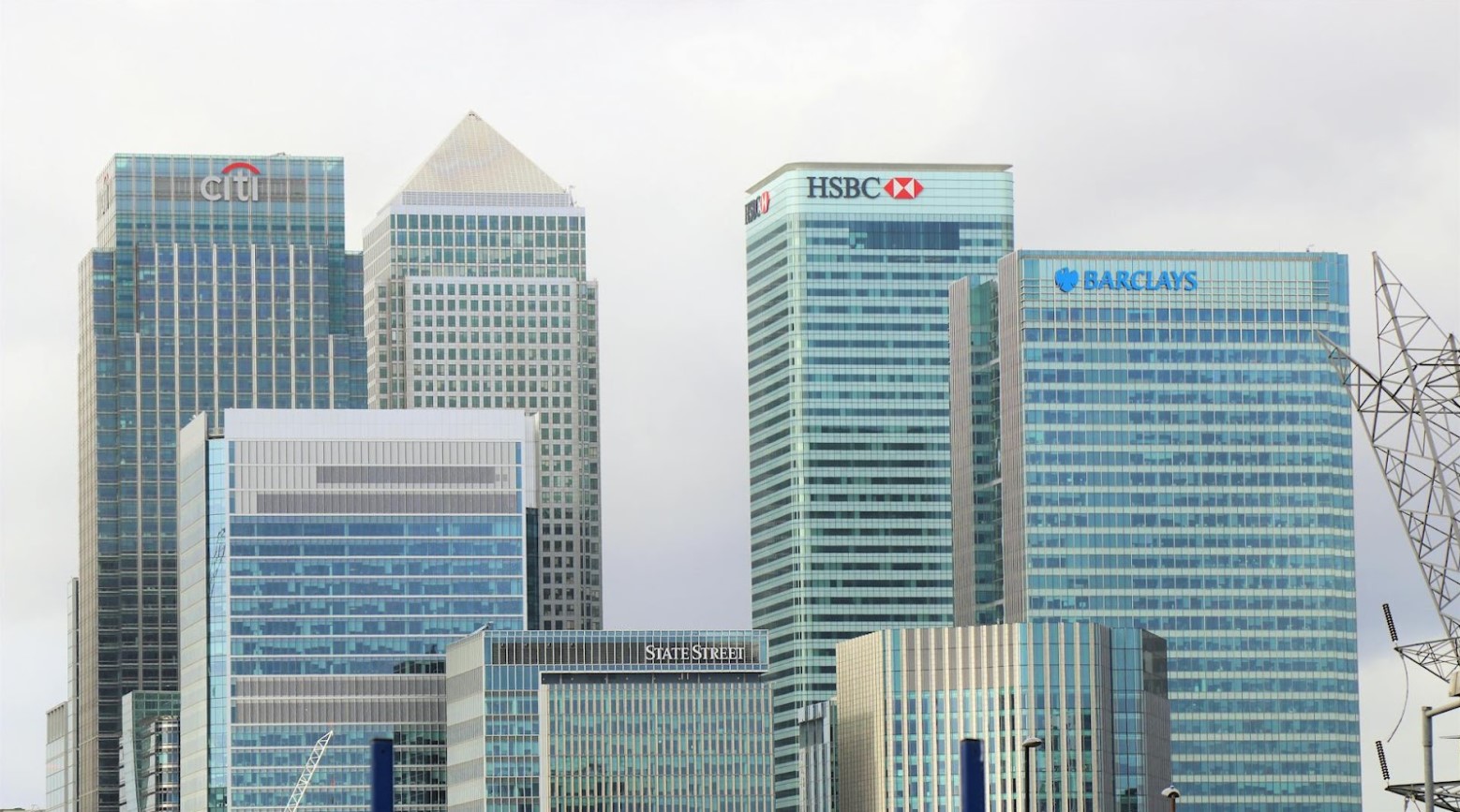
Source: Expect Best/Pexels
Digital financial services offer more convenience, easy access and flexibility. They can get small loans and deals that regular banks don’t offer. Of course, there are risks involved, but millennials are not easily daunted by the risks.
Cable Television Packages
Millennials don’t watch cable TV anymore. They prefer “Netflix and chill.” Streaming services like Netflix, Amazon Prime Video and Disney+ offer a superior value proposition — they are more cost-effective, convenient and adaptable.
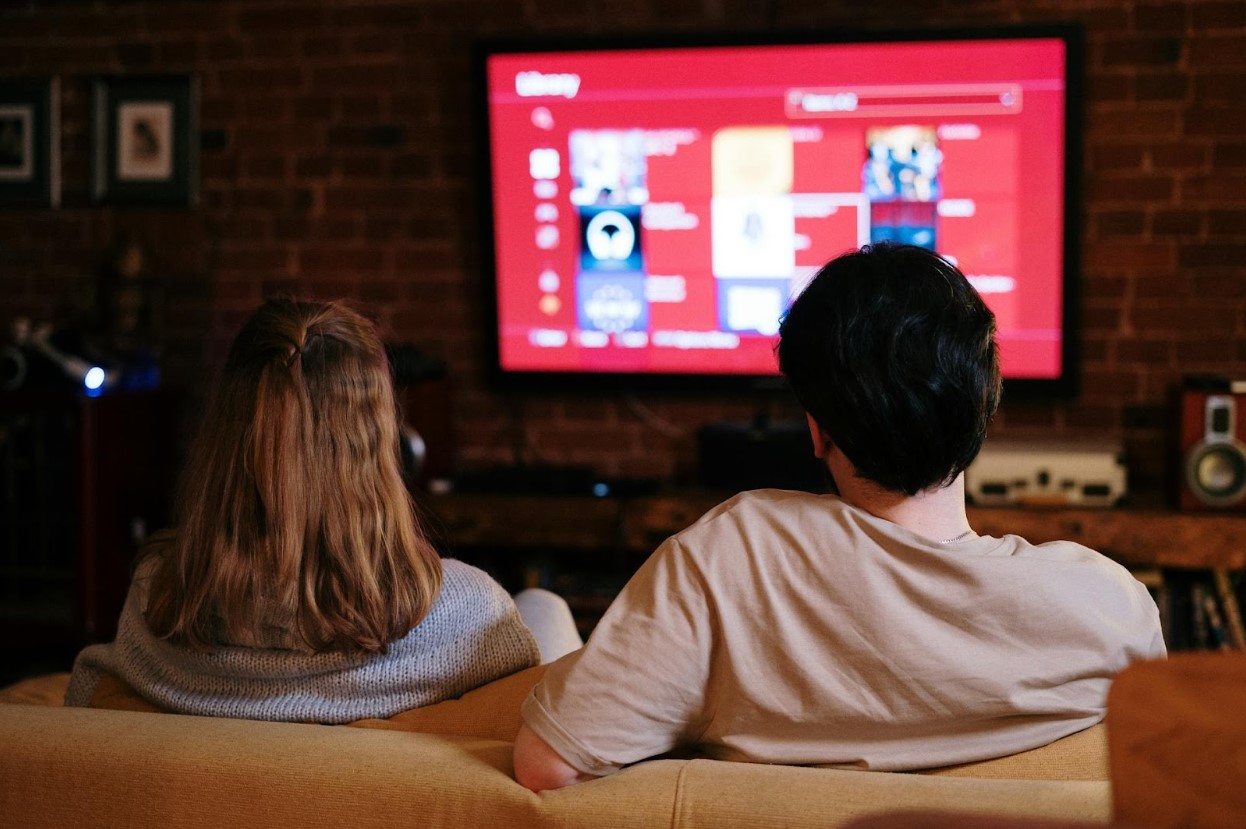
Source: cottonbro studio/Pexels
Conventional cable TV subscriptions struggle to compete with streaming services also because of their price. The cost of one cable subscription can cover four streaming platforms’ subscription fees. Plus, streaming offers flexibility in how millennials watch their favorite shows. They no longer have to rely on an actual TV; they can just watch on their phones, tablets and laptops.
Traditional Cable Internet
Likewise with the traditional cable internet. Millennials are transitioning from conventional cable internet services to high-speed fiber optic connections and wireless options.
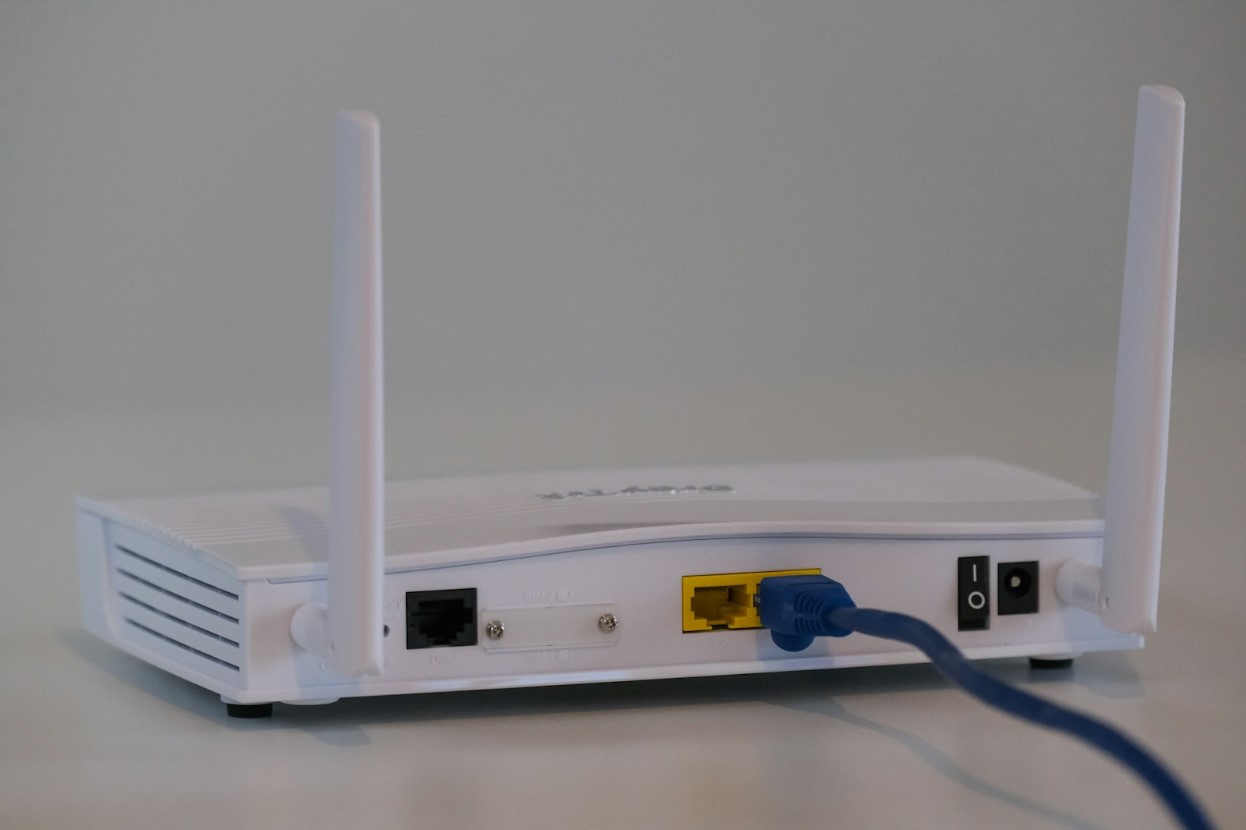
Source: Compare Fibre/Unsplash
And the introduction of 5G internet is driving up the demand for swift and reliable connections. Slow internet speeds are a thing of the past, where millennials are concerned.
Traditional Gyms
Woke millennials have been moving away from traditional gyms to search for a more personal fitness experience. They engage in home workout programs or look for community fitness events offering personalized routines.
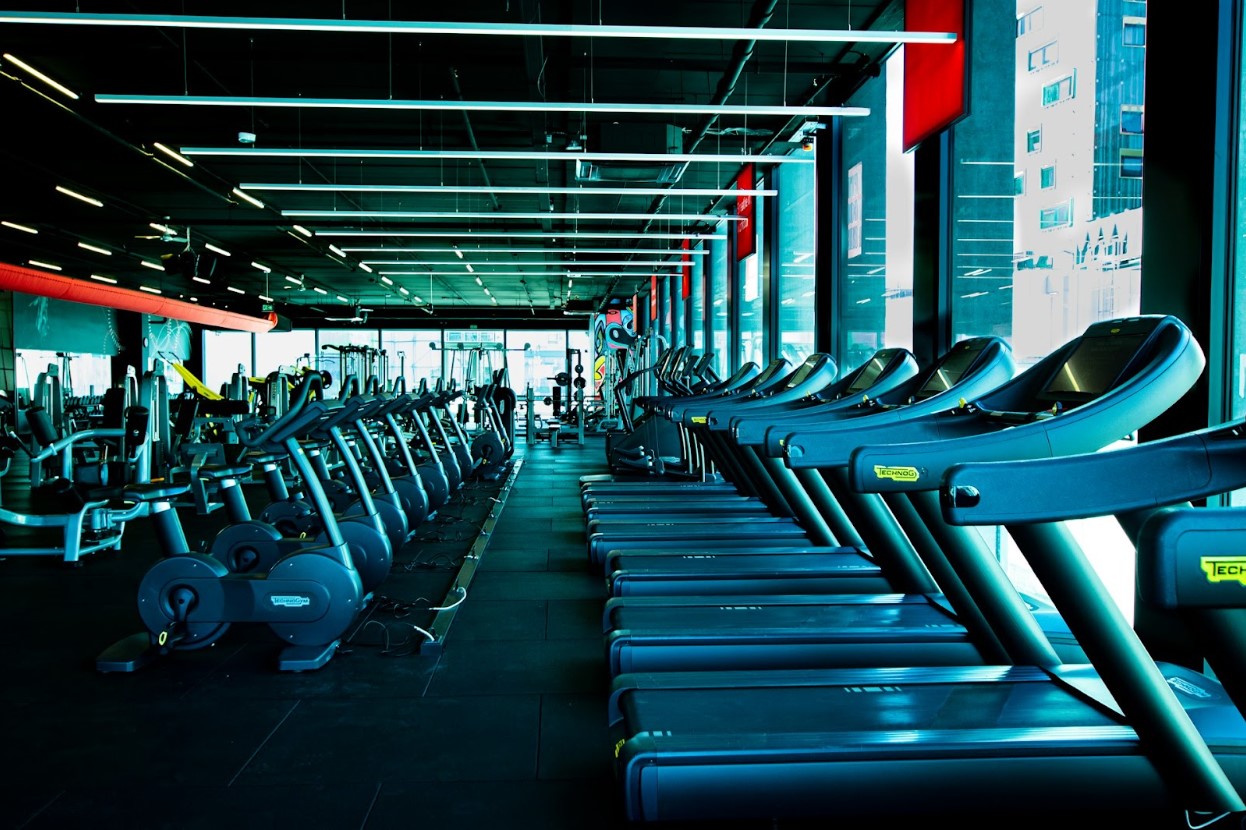
Source: Craig Lovelidge/Unsplash
They also base their search on opportunities for social interactions. Boutique studios are also an option, although they may charge more, but what’s important for these millennials is the one-of-a-kind experience they get while they exercise.
Traditional Taxi Services
And if millennials have to go somewhere, they definitely prefer getting their rides from ride-sharing and transportation apps, thanks to their pricing, convenience and occasional eco-friendly features.
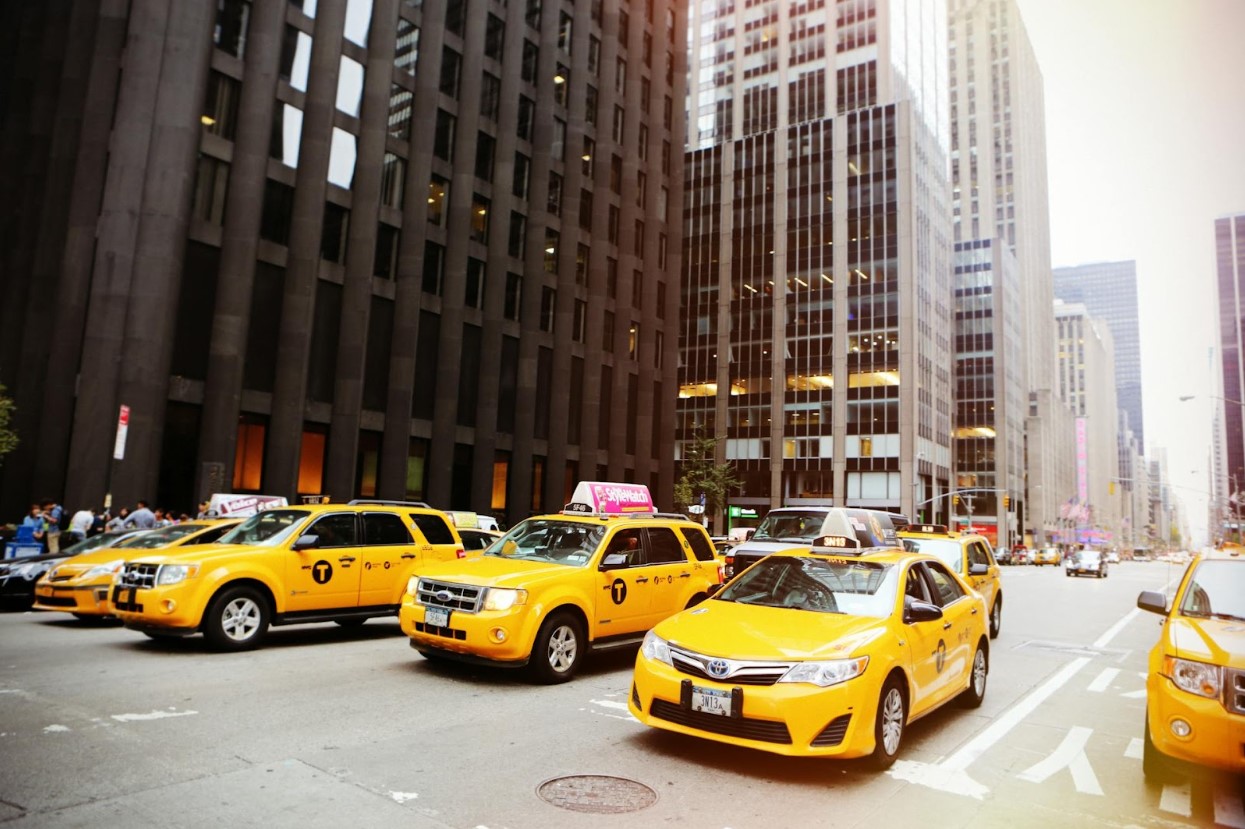
Source: Life of Pix/Pexels
Of course, these things are not limited to millennials. Older and younger generations can also enjoy the same things. But there’s no doubt that these new consumption trends were started by those who grew up in the Internet Age but still remember life before social media.
